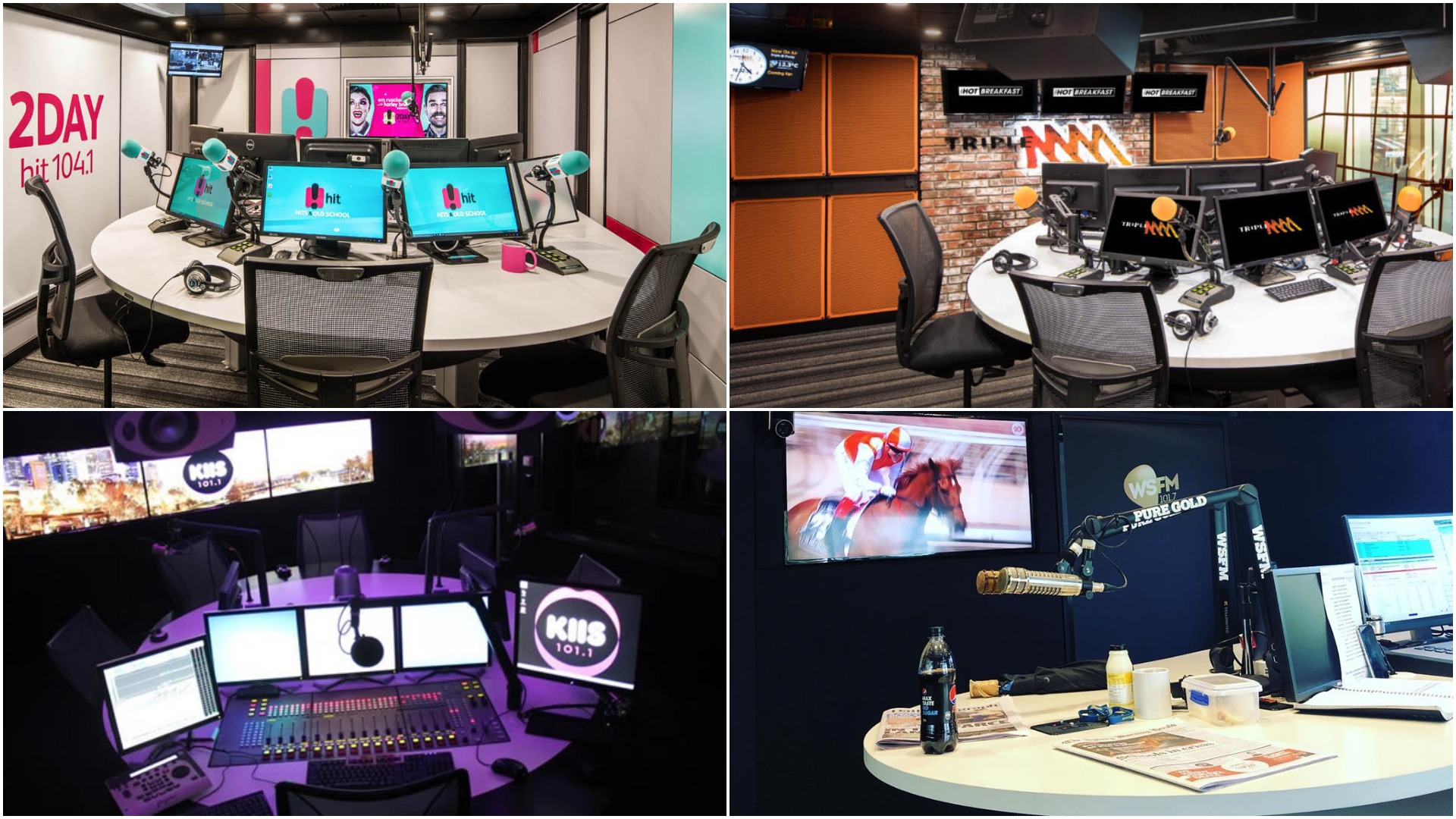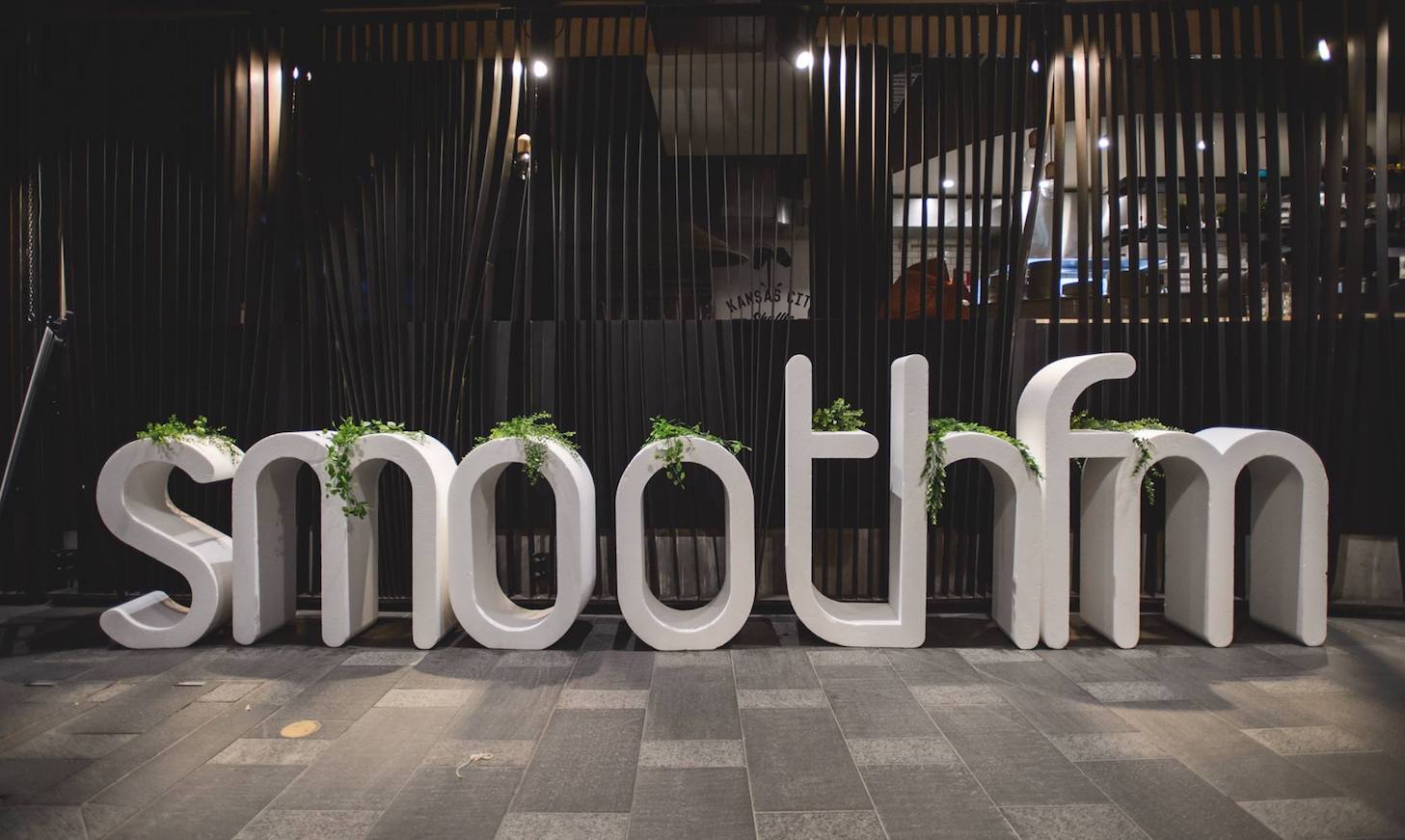Will workdays stay local on Hit, Triple M, KIIS & Pure Gold? [op-ed]

Truly local programming is under threat of near extinction.
As radio bean counters continue to tighten purse strings in a bid to survive the economic impact of shrinking ad budgets the future of local – the backbone of radio – hangs in the balance.
It’s an unsettling state of affairs, really. And not just for those lucky enough to still have a job today. Think about the next generation of jocks waiting in the wings, feeling hopeless and, perhaps, jobless.
Nova’s decision to scrap in-market announcers in Brisbane and Adelaide, and Hit’s move to regional state-based breakfast shows, are just the latest evidence of this growing trend.
Dozens of communities across the United Kingdom lost their local stations in May after Bauer decided to create the “largest commercial radio network in the UK” at the cost of about 160 jobs.
History tells us that on the few occasions when programmers have installed out-of-town hosts on workdays, more often than not they’ve taken a dive in the ratings and backflipped.
With the industry touting huge growth in TSL between 9am and 4pm during the pandemic, one would think that, logically, workdays might survive radio’s bloodied chopping block.

Pictured: Jarrod Walsh posted an emotional vlog this week following his Nova redundancy.
Talking to many seasoned programmers from around the country last week (both past and present), the overwhelming consensus is this: local equals ratings and revenue.
“If you go back into the history of Clear Channel when they decided to syndicate everything, it was a disaster,” one veteran programmer told me on Tuesday.
“If you run a radio station and you don’t understand localism, I think you’ll make terrible mistakes. What Bauer has done in the UK is an example of what not to do.
“It all looked wonderful to the bean counters, but at the end of the day, they failed. The stations that remained truly local, that’s where the money ended up,” they said.
And that might be true, but as another content chief points out, revenue will ultimately decide the fate of localism as radio’s C-level executives grapple with the fact that ad budgets may not return to the same levels after the global health crisis moves from chaos to cleanup.
“If there’s no bounce back then it’s inevitable that further adjustments will be made. Talent will be paid less, there will be less production support and less local content across the day.
“Australian radio is not immune from what every other international radio market has been through. It’s a matter of when – not if,” they told me.

Pictured: smoothfm is the only metro network with jocks covering duel markets on workdays.
After this writer published Nova’s planned changes last Tuesday, the phone rang. Jocks from competing networks were asking if their employers were planning the same. So I asked them.
Radio Today contacted Southern Cross Austereo and Australian Radio Network to see if they would pledge to keep local announcers on workdays. Surely there are better ways to save money?
SCA’s Dave Cameron was first to respond, saying his two FM networks will stay local.
“We remain committed to delivering locally hosted workday shifts in our metro markets across both the Hit and Triple M networks,” Cameron told me.
He also shared some good news following the departure of 19 non-metro breakfast teams.
“In addition, we have also just returned to locally hosted morning shifts in our community markets (regional) across the Hit network,” he said in an email.
Over at rival ARN, Duncan Campbell says workdays are currently moving ahead as usual.
“ARN’s strategy has always been to recruit and retain the best on-air talent and that applies for both our local and national shows,” Campbell told me.
“The genuine connection that our talent have with our listeners mean the integrated campaigns that we run in our local markets for both local and national advertisers are effective and produce the results that advertisers need, particularly in these challenging times.”
Hopefully this commitment offers some reprieve to the 40 something jocks around Australia who arrive each day at the station they work for, in the city they live in, for the love of (local) radio.
The pandemic has propelled radio into the (uncertain) future faster than anyone could have reasonably planned or expected, which means difficult decisions lay ahead for the top brass.
As one blunt programmer told me, “radio won’t ever be the same again, deal with it”.
What’s your take? Share your opinion in the comments section below. Got tip-off? Email [email protected] or message us on Facebook or Twitter.
To follow this story and get breaking news & jobs: Join our daily newsletter.



Good on you ARN and SCA. Its good to see 2 networks that are committed to maintaining a good product and respecting people.
I remember hearing jock free stations in the US 15 years ago and TBH it was pretty good with clever imaging between songs.
I just don’t see the point in daytime jocks anymore. I used to be one and the role has been reduced over the last decade to down to very nearly nothing. We just became vessels to encourage callers to talk about how awesome the breakfast show is and coax them into “requesting” a song for us so we can keep the caller quota up. The job has more in common with being a VO artist who has to do all their own production with one-tenth the hourly pay.
The stations (pre-COVID anyway) were still bringing in loads of revenue and they pay nothing to the their daytime personalities making them work 6 days a week in 5-6 hour long shifts (that’s a long time to be on-air!)
Long gone are the glory days of the 80s when daytime jocks were getting $250,000 for 3 hours a day!
So unfortunately I don’t think the audience will really miss daytime announcers (possibly with the exception of Triple J where they are still allowed to actually make content).
In the UK, Global Radio rebranded stations nationwide to Capital and Heart many years ago. There’s now just a three-hour show per REGION (not even per individual station/area) Monday to Friday. The rest is from London.
However, in almost every case, audiences have increased or stayed steady. I only say this because you’ve mentioned the UK in a story supporting the case for local shows, when in fact the UK suggests the opposite. Things might be very different in Australia though.
Can we build a few studios we don’t need? Maybe 2 in each market ?? 5 years wages in that nonsense – hit fm port is the funniest example, but Marty the only one sitting in Melbourne studio 2 is another. Honestly, the foresight and leadership is embarrassing
Replying to this comment –
“In the UK, Global Radio rebranded stations nationwide to Capital and Heart many years ago. There’s now just a three-hour show per REGION (not even per individual station/area) Monday to Friday. The rest is from London.
However, in almost every case, audiences have increased or stayed steady. I only say this because you’ve mentioned the UK in a story supporting the case for local shows, when in fact the UK suggests the opposite. Things might be very different in Australia though.”
This simply is not true. The overall Global number has been somewhat beefed up by new national DAB services, but networking has killed some stations, especially in the north of the UK. The London figures for Capital breakfast have been the worst in 15 years, because London has lost its local show too. It is now national and has to fit any town, UK.
Fun, entertaining jocks with a good sense of humour ,with the odd interesting interview Plus a good variety of muisc is always a winner , why wouldnt it be?
… I know that it’s diff’rent strokes, but maybe people should look at what happened in television thirty years ago when regional aggregation was introduced … just a few years earlier, Jim Oswin had conducted an enquiry into “localism” and all the station respondents had enthusiastically supported the concept, but once the costs started mounting and the revenue had to be split three ways, that enthusiasm quickly waned leaving only news at a local level at stations that had only recently been conducting all kinds of local shows from children’s to sport to entertainment. Then when the two-station rule was abolished a few years later, the same thing started happening to metro television as well … it won’t go back and chances are neither will local radio …
Doctor Dick… Daytime shifts have been networked for over a decade on most Heart stations and nearly as long for Capital in most areas. It simply hasn’t made a scrap of difference to audience reach on these stations. One or two have seen small drops in overall reach, others have in fact seen audiences grow in that time. Breakfast networking is still a fairly recent change and will take a while longer before the effect can be assessed. But I can’t see Capital’s young audience giving a toss where their breakfast show comes from.
It scares me to think how bushfire and flood updates will be done from now on. With numerous regional stations only having 1 to 2 jocks per frequency, it doesn’t seem all that safe with Summer ahead.
I love radio and personally think it’s better when it’s local. But does Mrs/Mr Average Listener really care these days or are we kidding ourselves? Do most under 25s even know what a radio is anymore and would extra local content hook more youngsters in? These are tough questions but the future of radio depends on answering them, and honestly.
Fire all the daytime jocks they do nothing anyway. Just play music. People get time and temp from their phones now.
@Dr Dan, (answer for your post from 17th September 2020, 6.01am):
Community access radio stations are the ones who are now taking on the role of broadcasting important information from the emergency services/government authorities, etc to their local broadcast area during deadly heatwaves, bushfires, floods, storms, cyclones, dangerous surf/open water conditions and dangerous weather in below zero degrees temperatures like snow/blizzards.
When I was doing volunteer work during the bushfires emergency period last summer in Braidwood NSW (about a 60-90 minute drive south east from Canberra), Braidwood Community Radio aka 2BRW FM 88.9 was the official source of all emergency information when out of control bushfires were destroying homes, properties and endangering humans and animals last summer of 2019/2020.
The volunteers from this little radio station played an important and vital role in staying on air 24/7 during this emergency period to communicate evacuation messages and let anyone listening know where the evacuation centres were plus other info like road closures or where fires were burning. Many other community access radio stations across Australia do the same thing when there are emergency weather events affecting their local area(s).